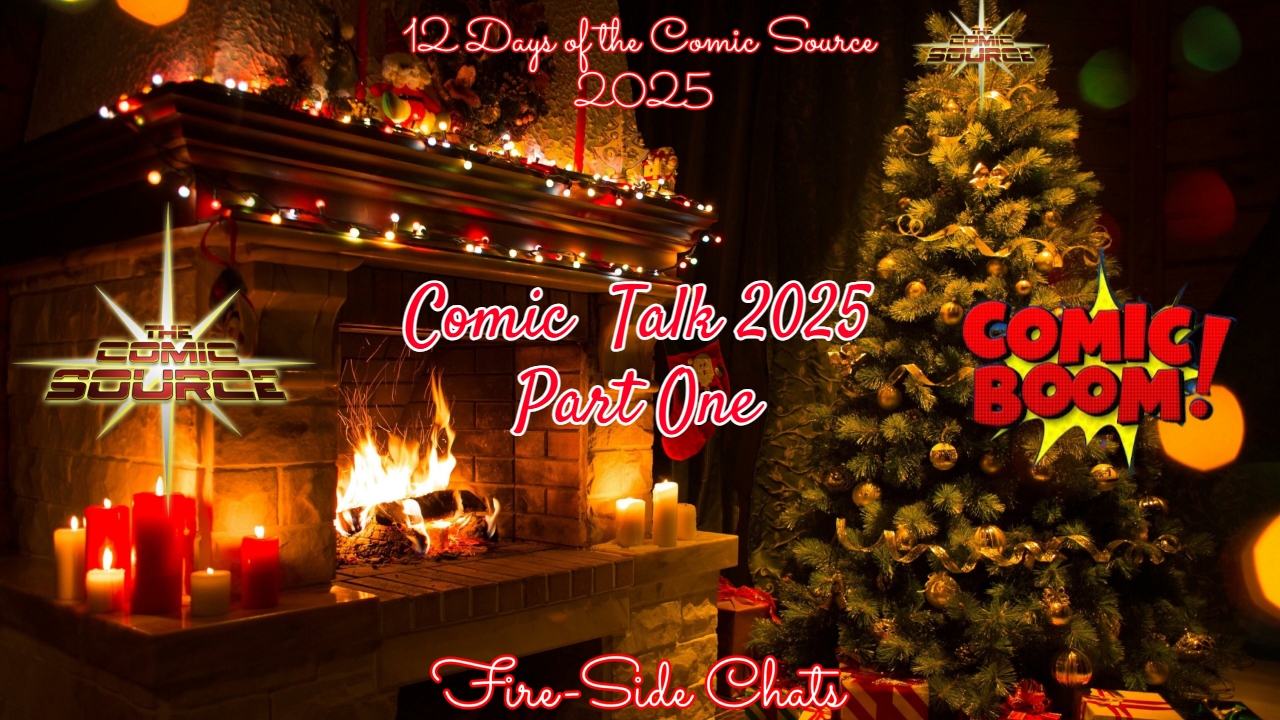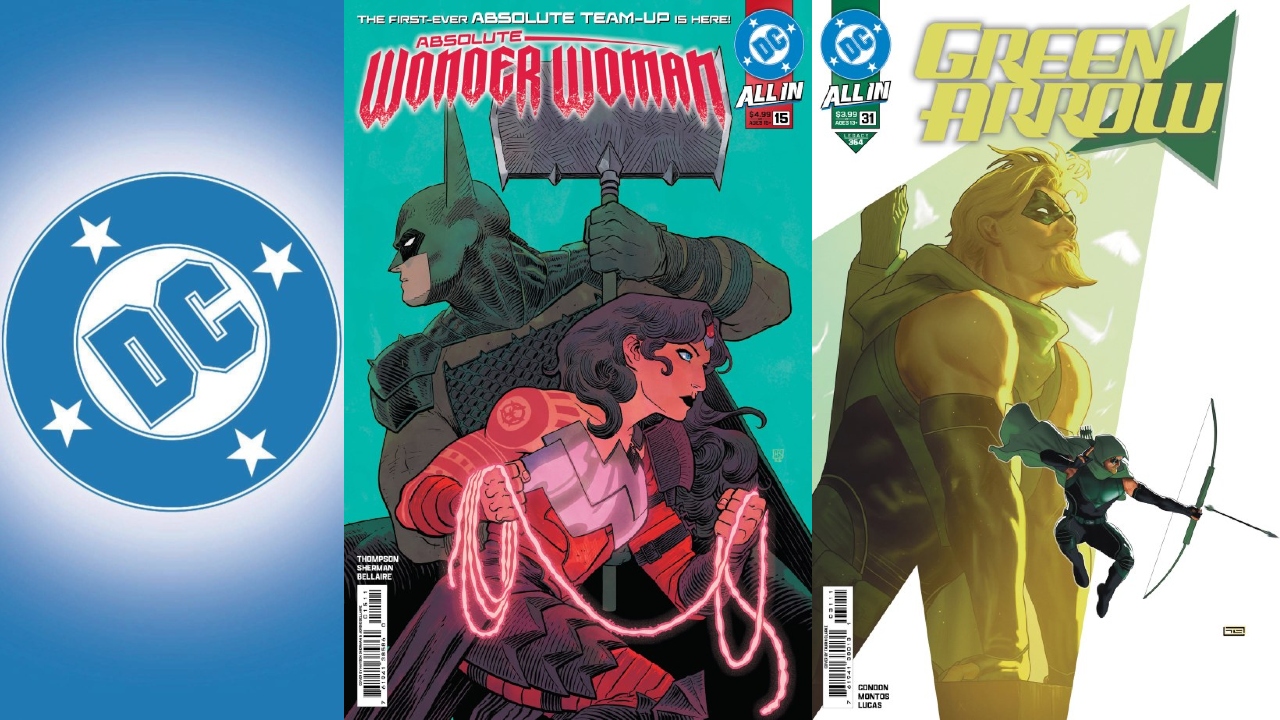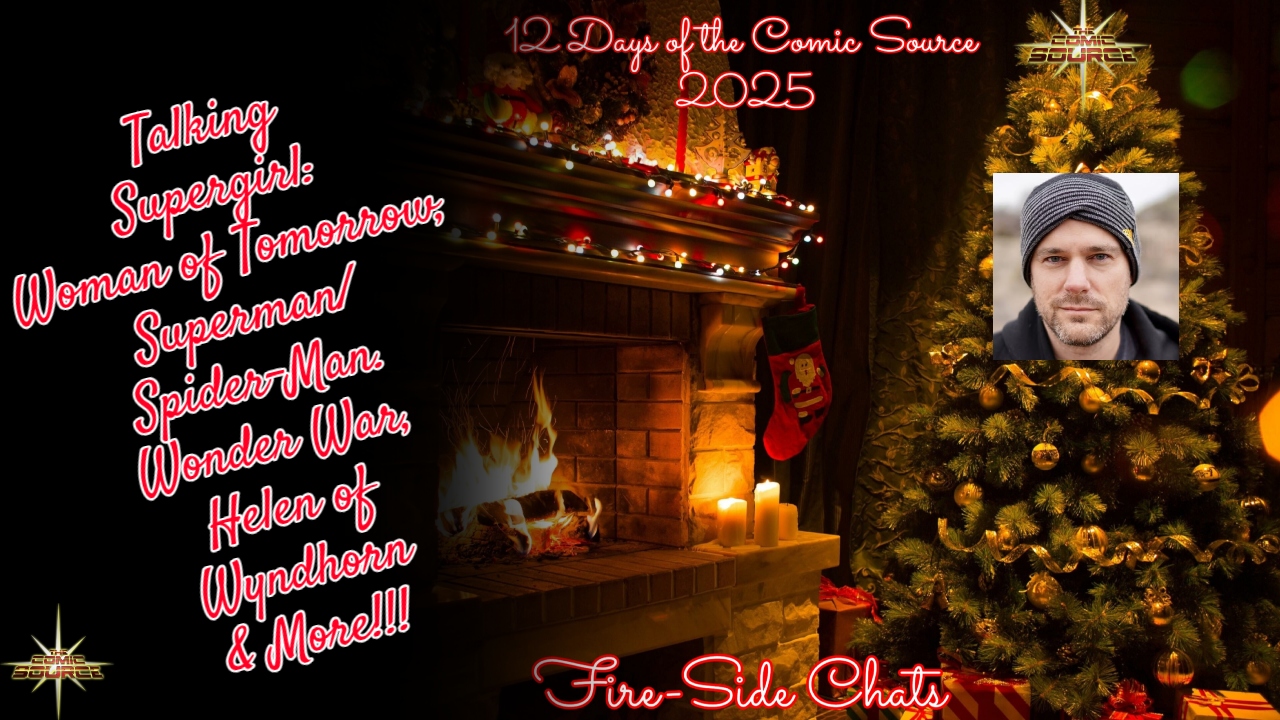![]()
One of the more amazing true stories to come out of this year’s film festival circuit was that of Saroo Brierley, whose memoir A Long Way Home was adapted into the film Lion.
It tells the story of how Saroo, at a young age, was separated from his older brother and mother in India, ending up thousands of miles away where he would eventually be adopted by a young Australian couple. Decades later, the 20-something Saroo (played in the film by Dev Patel) would try to find his home using his memories along with Google Earth, beginning his second amazing journey to get back to his family.
What’s even more impressive about Lion is that it is Garth Davis’ directorial debut, after he received some acclaim for co-directing the Sundance Channel series Top of the Lake a few years back. For Davis’ debut, he ended up filming all over India, working with first-time child actors and non-English-speaking actors, as well as creating an amazing bit of drama between Patel, Nicole Kidman (as his adopted mother Sue) and Saroo’ girlfriend (Rooney Mara) as he becomes obsessed with finding his real mother. (Both Patel and Kidman have already received Golden Globes and SAG nominations for their performances, which means that Oscar nominations might not be far behind.)
LRM got on the phone with Davis last week for the following interview:
LRM: How did you get involved with this? I know you’ve been directing television and commercials, but how did this end up as your first feature because it seems so involved and complex?
Garth Davis: Look, it was the producers of Top of the Lake, Iain Canning and Emile Sherman, they brought Saroo’s story to my attention when I was at Sundance, and I read the article that had come out about Saroo’s story, and I just fell in love with it, then the boys secured the rights and then we started to develop the film together.
LRM: What were some of the concerns about making this happen? You have two very different sections with the younger Saroo and older Saroo. What was the game plan for how to make this happen?
Davis: Well, it’s a challenging story, because on the one hand, it makes a great article, reading about Saroo’s story, but to make it a film, we had to make sure there was enough detail and enough to explore, so that was something that led me and also Luke (Davies, screenwriter) onto a big research journey, obviously meeting the real life people as possible, retracing Saroo’s steps in India, and also in Australia, meeting all of his contemporary friends, and just trying to absorb as much of that as possible, so we could come to the story with as much honesty, but there was just so much magic in the story, and so many kind of bizarre rhymes and mirrors that were happening, it just became a really interesting film to kind of engineer and make.
LRM: Were you working in tandem with Luke while he was writing the script or had he already written something?
Davis: I started my research before Luke was on, and then at a certain point, the producers and myself, we selected Luke to be the writer and then he had to do the trip as well. I said that we can’t work together until he’s done the trip, so he did the trip as well, and we met in Hobart and we went back to L.A., to his house, and we started to discuss how we were going to do the film in terms of the structure and the arc. I worked very closely with Luke to the very end.
LRM: How did you go about finding Sunny Pawar, because he’s obviously a huge part of making that first half work and he’s absolutely amazing. He seems very natural but he can keep the camera on him. He’s the type of kid you dream of finding so how did you find him?
Davis: Well, we just did a very proper, thorough casting process, which took four to five months with great people, and then once we found him, I had a brilliant acting coach from New Zealand, called Miranda Harcourt, and together we engineered a path that would bring about those kinds of performances. So I think it was very well planned, but also, I think it’s really a testament to Sunny’s spirits. I think he’s just a great kid, and he had a great sense about him, and by the end of the film, he was acting properly in scenes. He was extraordinary.
![]()
LRM: How did you deal with the language difference when you were filming in India? Did you just have translators?
Davis: Yeah, we had a translator, and we decided to get an actor to translate for us, because there’s obviously a nuance and a tone with which you need to speak to actors that not all translators understand. I thought that was a really good move, so yeah, that was the way we dealt with it.
LRM: There’s a lot of great things about this movie, but one of them is getting Greig Fraser to do the cinematography. Had you worked with him before?
Davis: I’ve known Greig for over 20 years, so we started out together, back in Melbourne, Australia, and all of our first work we did together, so it’s a true reunion.
LRM: I can’t think of a better cinematographer for your debut feature than Greig, so that’s pretty amazing. Did you shoot all the stuff with Sunny first?
Davis: Yeah, we shot all of India first, because I felt like all of us, the actors, we had to completely experience India, so we could learn from that and bring that into the direction of our decisions back in Australia, because you can be very complacent with shooting stuff in your hometown, like visually you can switch off, so I think shooting India first informed everything for Australia.
LRM: How did you go about finding the locations? Were those some of the real places and landscapes that Saroo experienced?
Davis: I spent a lot of time, mate, with my camera in a car. (laughs) I spent a lot of time, almost six to eight weeks, just myself, travelling around.
LRM: How hard is it to get those locations?
Davis: Very. (laughs) You just got to get in early. The key to all of this is starting early, so there’s time to build in the permissions and start talking to the right people, so you’ve got to start early. You can’t start something like this in official production, you can just never pull it off.
LRM: What was your prep time from when you first read the article to when you were filming?
Davis: I think, from The Top of the Lake, from when we had the idea to now has been about 2 1/2 years, maybe? That’s very fast, but it was a non-stop process, so pretty much when we got the rights to the project, I’ve been working on it since then really.
![]()
LRM: You’ve had Saroo around as a consultant and some of his family as well. What were some of the things you wanted to find out that maybe weren’t covered in the book?
Davis: Look, there’s so many things you want to know, like asking questions about, “What did it feel like when Saroo wasn’t telling you what he was doing?†or “What was that moment like when you were at the airport and you met him for the first time?†Just getting inside the emotional aspect of these characters in these key moments, and sometimes even very mundane moments is very insightful for a director and a writer. Sometimes I’d just ring up Sue Brierley and ask her something really simple, and that really fleshed it out for me.
LRM: I have to imagine Saroo there and available to you is key because a lot of times when you’re making movies based on someone’s real story they’re no longer with us, so did you have him on set as well?
Davis: No, he came to shoot a couple of times, but no, he wasn’t on the shoot the whole time, but we definitely would access him or he would access us whenever we all needed to talk to each other, but I definitely spent more time with Sue than anybody else. I think she was the great teacher, and obviously going to India and spending time with Kamla, his Indian mother and family. That was incredibly insightful as well.
LRM: When you get to the Australian portion, you have four amazing actors, so were a lot of the emotions apparent from the script or did the actors want to meet some of the real people themselves? I assume Dev met Saroo.
Davis: All the actors met their real life counterparts at some point. I know Nicole spent a lot of time with Sue as well. She had her own private access to her, and all the actors worked extremely hard. I mean, Dev put nearly eight months of solid work into this role, physically transforming. I mean, his Australian accent is impeccable, and that’s incredible to pull off, and his emotionality is extraordinary in this film. I think we all cast people who were passionate about this film and really felt it in a deep way. That’s really what the film deserved.
LRM: The music is also quite fantastic and beautiful, so how did you end up finding Hauschka and Dustin O’Halloran to do the music?
Davis: It’s such a good story, because in the edit, I was using different composer, just playing around with different composers and musicians to see what was working, and I started to gravitate towards a few people. Serendipitously, our edit rooms in Melbourne are down the road, Hauschka, one of the composers I was using on the offline was actually performing in Melbourne. I thought that’s so bizarre, so I decided to godown and see the show, and I was watching him play live, it just became apparent to me that he needed to be part of this film. But I was going, “Should he do the whole thing?†and then I had Dustin O’Halloran in my mind as well and thought he’d be really good, and I suddenly realized it should be the both of them together, right? So after the show I met Hauschka, and he’s a beautiful man, really lovely and we’re connecting, and I say, “Look, I have this crazy idea. How would you feel about working with Dustin O’Halloran?†He said, “That is so weird. I was the best man at his wedding,†and I went, “You’re kidding?†and he said, “No, we’ve always wanted to collaborate together,†and I go, “Well, it was meant to be.†(laughs)
LRM: That’s an amazing story, and obviously, I knew some of their work separately, but I wasn’t sure if they’d worked together before or if they were working on different cues that got used or what.
Davis: Isn’t that amazing? This film is full of those kinds of movies. I remember Sue said to me once, “You don’t think you’re in control of this movie, do you?†and I dunno, if you’re open to this kind of stuff, it can happen in your real life all the time. It’s quite extraordinary.
![]()
LRM: The movie really turned out great. All these elements created something very special and different, which is very hard to do if you actually plan everything too much. What have you been doing since finishing this up?
Davis: I just wrapped shooting the second film, Mary Magdalene, last Sunday. Greig shot that as well, we shot that together, so I’m just dusting off coming down that mountain, and here I am in L.A. doing some press right now
LRM: So you’ll be doing post on that for most of next year. Were you at one point involved with “Shantaram� I know that’s a project that’s been around for a long time and I think Mira Nair was once involved with it, so were you in the mix at one point, too, or something you still might do?
Davis: No, look I definitely was engaged with that for a while, but I think there’s a bit of sorting out that needs to happen there.
LRM: I know they’ve been trying to get that movie made maybe 15 years or more.
Davis: Look, it’s a big film, a big story, and if you need to shoot something of that scale in India, you gotta be ready to go, because there’s only a certain period you can shoot India because of the monsoons, and then you have all these permissions, so if Shantaram is a real thing, it needs a lot of preparation and planning, and it needs to go very early on.
LRM: That’s something you were going to do before “Lion†even entered the picture?
Davis: No, I was definitely in discussions with that, and it just became apparent that it wasn’t going to be ready and then Lion was there, so I just thought I should work on Lion.
LRM: Since you’re doing these two movies back-to-back, are you planning on keeping that sort of pace?
Davis: I have to be careful not to lose my family in the process, but it’s been very onerous doing two films one after the another, so I just loved Mary Magdalene. It’s just such an astonishing script, so I just thought, “Sh*t, I got to do this.†Look, I’m just going to take my time cutting that, and we’ll just see what happens on the other end, but I do love making films.
LRM: Who is playing Mary?
Davis: Rooney Mara and Joaquin Phoenix plays Jesus. It’s an amazing cast. Chiwetel Ejiofor plays Peter and it just gets going. The cast is ridiculous. It was a bizarre experience. (laughs)
LRM: Speaking of Rooney, one of the things I really liked about her in “Lion†is that this is one of the few times she plays a normal young woman. She plays a lot of characters who are killers, but she seems very natural in this movie.
Davis: Yeah, she’s just such a great warm person, and given the right situation, she really blossoms in that space. Her internal nature is just so powerful on screen, especially with this story, because Saroo’s hidden life, his secrets, just echo in her. It’s fantastic
LRM: Her and Dev were great together. The one scene where they’re just walking down the street playfully was an amazing scene.
Davis: Yeah, it was a great chemistry there for sure.
Lion is now playing in select cities and hopefully will expand into more cities over the holidays.
 FOR FANBOYS, BY FANBOYS
Have you checked out LRM Online’s official podcasts and videos on The Genreverse Podcast Network? Available on YouTube and all your favorite podcast apps, This multimedia empire includes The Daily CoG, Breaking Geek Radio: The Podcast, GeekScholars Movie News, Anime-Versal Review Podcast, and our Star Wars dedicated podcast The Cantina. Check it out by listening on all your favorite podcast apps, or watching on YouTube!
Subscribe on: Apple Podcasts | Spotify | SoundCloud | Stitcher | Google Play
FOR FANBOYS, BY FANBOYS
Have you checked out LRM Online’s official podcasts and videos on The Genreverse Podcast Network? Available on YouTube and all your favorite podcast apps, This multimedia empire includes The Daily CoG, Breaking Geek Radio: The Podcast, GeekScholars Movie News, Anime-Versal Review Podcast, and our Star Wars dedicated podcast The Cantina. Check it out by listening on all your favorite podcast apps, or watching on YouTube!
Subscribe on: Apple Podcasts | Spotify | SoundCloud | Stitcher | Google Play



